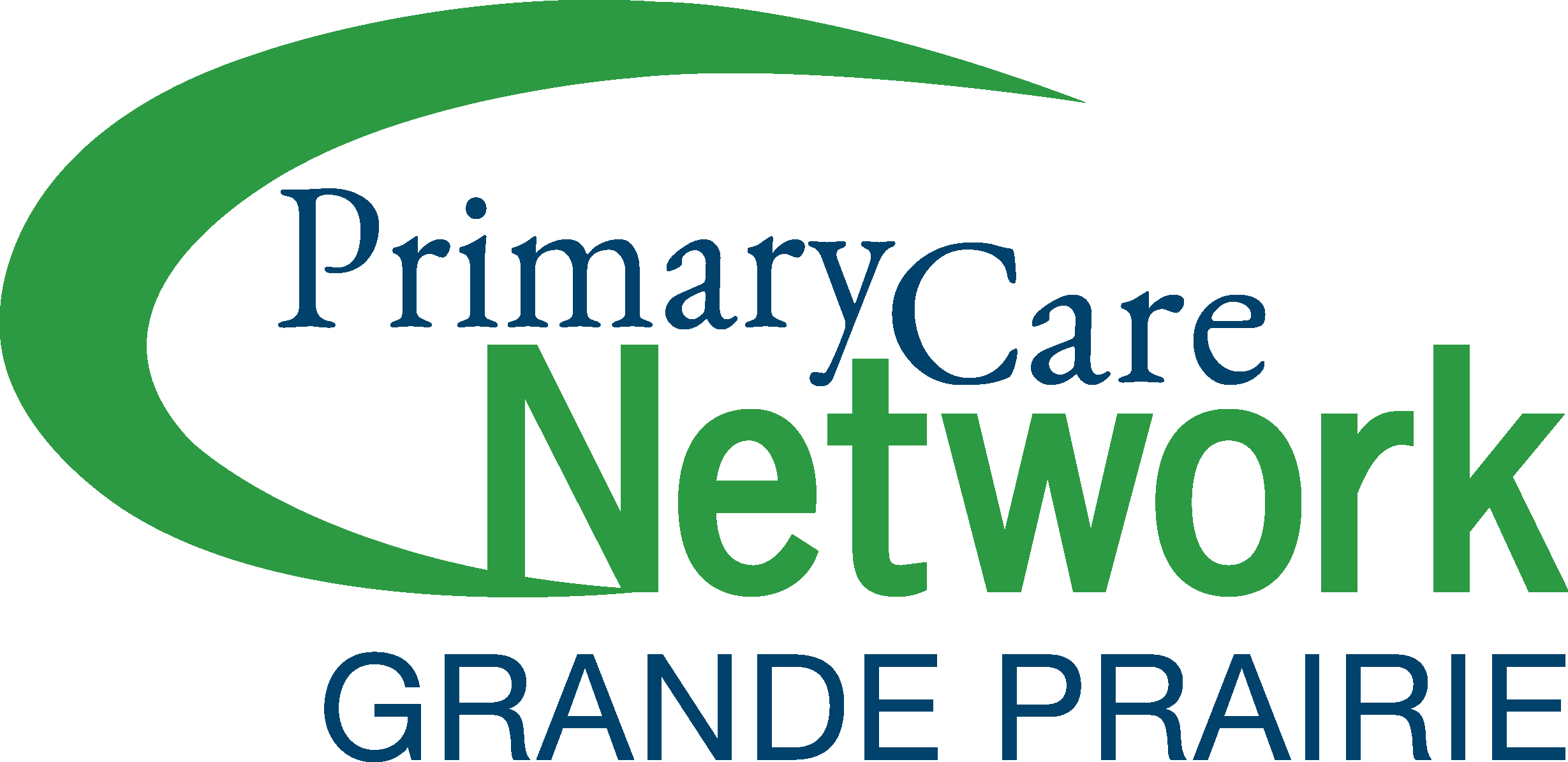Exercise Therapy Information For Member Clinics
Description of Service
Exercise Therapy services are provided by Kinesiologists at the Grande Prairie Primary Care Network. Exercise Therapy can support patients by providing guidance on specific exercise programming for the prevention and/or management of various health conditions. Most services are provided via individual appointments, although there are some group options available.
- Type 2 diabetes, or prediabetes
- Hypertension
- Osteoarthritis
- Low bone mass
- Cardiovascular health
- Exercise for mental health (anxiety, depression)
- Persistent Pain (through the Persistent Pain Program)
- Prenatal/postnatal exercise programming
- Balance, strengthening, improvement of mobility
- Prevention of chronic health conditions
- GLA:D Program (7-8 week supervised exercise for knee and/or hip OA)
Physician members of the GPPPCN can make referrals for individuals 14 years and older. Patients must be cleared for physical activity/exercise by their family physician to confirm they have stable health conditions. Physicians may add restrictions as needed.
We are unable to provide support for the following:
- Uncontrolled conditions (diabetes, HTN, mental health, eating disorders, etc)
- Acute injuries
Patients are referred via the PCN Central Referral Form, which includes exercise clearance. Our administrative support adds clients to the exercise therapy list and schedules appointments in order of referral date. All GLA:D hip/knee clients are triaged by Exercise Therapists. Any referrals that may be appropriate for other services (e.g. Physiotherapy) are triaged. We provide updates to the family physician if there is a referral to other services recommended, or if there is a decline in services.
Initial appointments are 45-60 minutes. Health history, physical activity, stress, sleep, and physical assessment are done. Goal setting is completed to help guide subsequent sessions. Communication back to the family physician happens when there is a concern of physical or mental health that needs to be addressed before continuing.
Follow-up appointments are 30-60 minutes, depending on content reviewed. The number of follow-up sessions offered is variable, but most patients continue for 4-6 sessions. Updates will be sent to the referring physician if there is a change in health, and upon the termination of services.
Please discuss the reason for referral to exercise therapy with your patient so they are informed and prepared. Short and long-term goals will be discussed in the session.
How often are appointments?
Follow-up appointments are 2-5 weeks apart depending on individual patient needs. Our focus in sessions is self-management and teaching skills the client needs to be successful in establishing and maintaining regular activity on their own.
Are Exercise Therapists Physiotherapists?
No, they are not. While they share some similarities, such as exercise prescription, there are important differences. Exercise Therapists have a Bachelor’s Degree in Kinesiology or Human Kinetics and complete certification with the American College of Sports Medicine (ACSM) or the Canadian Society for Exercise Physiologists (CSEP). Exercise Therapists can prescribe exercise for the management and prevention of chronic disease and improve function and quality of life. A Physiotherapist completes a Master’s Degree in Physical Therapy and is able to diagnose movement impairments and treat them through passive and active treatment modalities.
What should a client wear to their appointment?
Individuals should wear athletic footwear, comfortable clothing, and bring a water bottle if they have one. It is best for individuals to not consume coffee or smoke a cigarette within a couple hours prior to their appointment.

